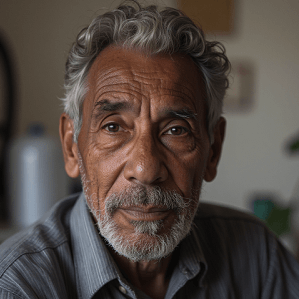A decade-long analysis of U.S. adults reveals that racial and ethnic disparities in cardiovascular health have remained stubbornly unchanged, despite national efforts to close the gap. Using the American Heart Association’s Life’s Essential 8 (LE8) metrics, researchers found that Black adults consistently had the lowest cardiovascular health scores, while Asian adults had the highest.
From 2011 to 2020, Black adults scored an average of 62.0 on the LE8 scale, compared to 67.7 for White adults and 71.2 for Asian adults. Latino/Hispanic adults scored 65.9. These differences held steady over time, with no significant improvement in the overall gap. However, disparities in individual components—like sleep health, physical activity, and body mass index—shifted in notable ways.
Sleep health declined most sharply among Latino/Hispanic adults, with the gap between them and White adults widening significantly. Among Asian adults, earlier advantages in blood pressure and blood lipids diminished or reversed. For Black adults, nearly all LE8 components—except blood lipids and nicotine exposure—were associated with lower scores.
The study’s authors emphasized that these persistent disparities point to the need for tailored interventions. While Asian adults maintained higher scores overall, their declining trends in key areas suggest that even groups with better baseline health are not immune to worsening outcomes.
The findings underscore the importance of addressing not just overall cardiovascular health, but the specific factors that drive disparities within each community.
See: “Trends and Key Factors Associated With Racial and Ethnic Differences in Life’s Essential 8 Scores” (June 18, 2025)



